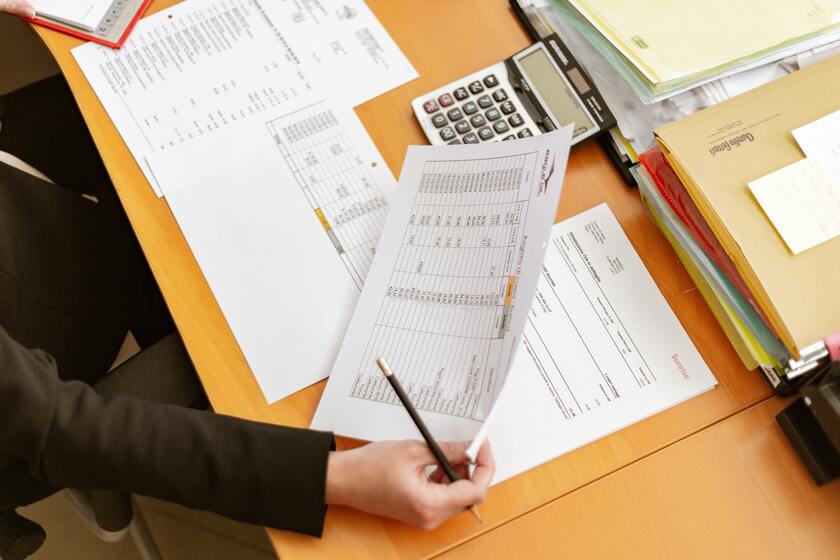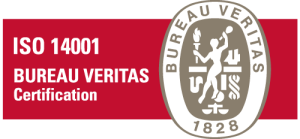Any international trade action involves the corresponding customs procedures. If we are going to move any type of merchandise outside European territory, it is essential to know these procedures to avoid problems with the Tax Agency or customs delays that may affect our business.
What are customs formalities?
But before addressing the depth of these requirements, it is imperative to know how to define them. Customs formalities are all those bureaucratic and management requirements, whether economic, financial or administrative, that are required at a customs office when we want to import or export goods between countries.
Management of customs formalities
Therefore, it has become clear that a customs procedure can cover a very wide range of steps, so the next step is to know what are the most common procedures that we can find.
It is important to know that, depending on the type of product, the dimensions of the cargo or the country of origin or destination, these procedures may be substantially affectedIn some cases, customs formalities may be more or less complex, such as customs formalities with countries such as MoroccoAlgeria, Tunisia, Egypt, China, South Africa, among others.
They are usually due to health control measures, national security or, especially, policies of economic protectionism, imposing high customs barriers or tariffs on the import or export of certain products or materials.
Customs import formalities
With respect to customs formalities in the process of importing goods, they can be easily divided into those commonly required and specific ones:
Documentation to process an import operation
These are composed of:
- Commercial invoice: also known as proforma invoice.
- Bill of lading: or bill of lading.
- Other basic documents, such as the packing list or certificate of origin of the goods.
Once the formalities have been completed, the SAD will be issued: the Single Administrative Document (SAD), which is issued by a Customs Representative.
Specific customs import procedures
These specific procedures affect those materials or products that have some type of import restriction. In Spain, this affects textiles, agricultural products , steel, iron, as well as defense materials and armaments. In this case, we will have to obtain a series of documents such as specific import licenses or national or European certifications.
Customs export formalities
In the case of exports, the procedures are similar, although most of them will depend on the destination country. In any case, whatever the destination of the goods, you must have an export SAD, as well as the basic ones: bill of lading, packing list, EORI number or certificates of origin. In addition, there are others specific to exports, such as ATA and CPD carnets.
We hope we have solved your doubts about it, and if not, you can always contact with
Partida Logistics
to receive specialized attention on your query, which will guide you in any customs procedure you may require.




